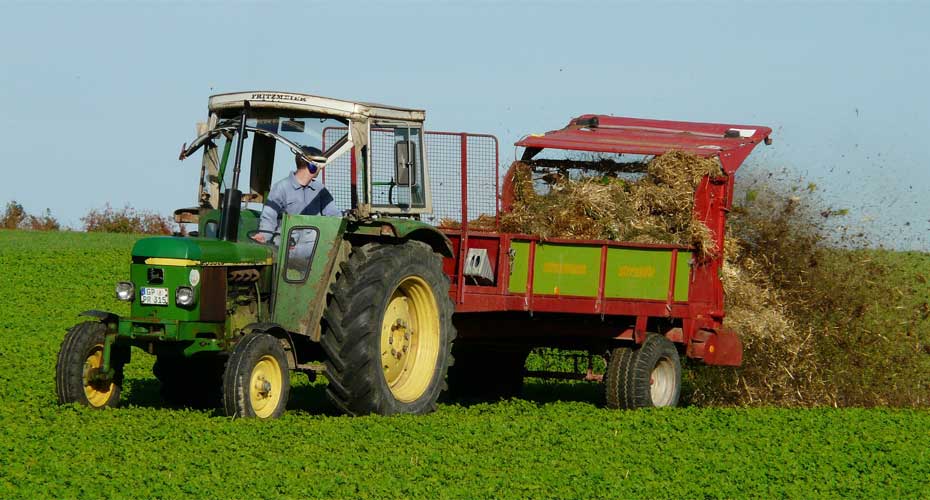Better value for money: Countryside Stewardship scheme
1 January 2014 - 1 January 2015
Awarded to: Professor Brett Day
Co-investigators: Dr Amy Binner, Dr Greg Smith
Research partners: ADAS and FERA
Funding awarded to Exeter £ 60,950
Sponsor(s): DEFRA
Project webpage(s)
Better value for money: Countryside Stewardship scheme
About the project
This research explored the potential of competitive bidding and incorporating private sector investment, to deliver improved value for money for Rural Development funding.
The work formed part of a consultation to Defra, under Defra’s commitments in the Payments for Ecosystems Action Plan (published May 2013), in the context of developing the new Rural Development Plan for England.
Would competitive allocation of funds lead to savings?
Using laboratory experiments and simulation modelling, the team found that a reverse auction approach to allocation of agri-environment agreements can provide increased competition and better cost-efficiency than an alternative scheme which offers a fixed price.
The cost efficiency is most pronounced when there is widespread participation in the scheme, and was estimated at 15% in our simulation work (which is significant on a funding pot of £3.1bn over the duration of the RDPE).
Would it work in practice?
In workshops, farmers were wary of competing for agri-environment agreements on a price-basis and highlighted a number of potential barriers to uptake of a reverse auction approach and design risks.
Recommedations for design of pilot scheme
The research will be used to inform potential reverse auctions for Defra to trial on the ground within the new round of agri-environment schemes.
The authors recommends that the pilot scheme should test the cost-efficiency of a discriminatory price auction (and a landscape-scale target auction) against a fixed price approach (counterfactual).
For statistical robustness, they suggest that the sample should be at least 300 farms, including arable, hill livestock and lowland livestock, with each farm randomly assigned to either an auction or a fixed price bidding approach.
Role of private funders
Potential private funders should be brought into the public PES discussions to improve coordination between the private and public sector, to secure the benefits of joined-up funding and activity without losing the flexibility required by the private agent and/or the risk of compromising EU funding rules.
Immediate priorities include scoping and co-design of a model for public/private PES and developing a common framework for governance, operation and evaluation.
Defra response
Liz Finch, Analyst, Sustainable Land and Soils, Defra says
'Many thanks to ADAS, the University of East Anglia and FERA for undertaking this ground-breaking piece of research to inform the development of agri-environment scheme delivery in the future. Whilst regularly the subject of research and evaluation, there are no plans to introduce auctions under current agri-environment schemes.'
Download the full report
You can download the full report 'Scoping the strengths and weaknesses of different auction and PES mechanisms for the next round of agr-environment schemes - LM0105' (published Aug 2015) on the Defra website.
Download:


